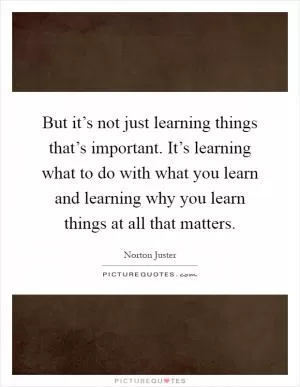There are no wrong roads to anywhere

There are no wrong roads to anywhere
In the beloved children's book "The Phantom Tollbooth" by Norton Juster, the protagonist Milo embarks on a whimsical journey through the Kingdom of Wisdom. Along the way, he encounters a myriad of characters and experiences that challenge his perceptions and broaden his horizons. One of the key lessons that Milo learns on his journey is that there are no wrong roads to anywhere.This idea is exemplified by the many different paths that Milo takes throughout the story. From the Doldrums to the Mountains of Ignorance, each road presents its own set of challenges and opportunities for growth. While some paths may seem daunting or unfamiliar at first, Milo quickly learns that they all lead to valuable lessons and experiences.
One of the most memorable examples of this concept is the character of the Whether Man, who explains to Milo that "there are no wrong roads to anywhere." This simple yet profound statement serves as a guiding principle for Milo as he navigates the Kingdom of Wisdom. It reminds him that every road, no matter how winding or treacherous, has the potential to lead him to new discoveries and insights.
Throughout his journey, Milo encounters a variety of obstacles and setbacks that test his patience and resilience. However, he learns to embrace these challenges as opportunities for growth and self-discovery. By taking risks and venturing down unfamiliar paths, Milo is able to overcome his fears and insecurities and emerge stronger and more confident than ever before.
The idea that there are no wrong roads to anywhere is a powerful message that resonates with readers of all ages. It encourages us to embrace the unknown and trust in our own abilities to navigate life's twists and turns. Just like Milo, we can learn to see every road as a potential opportunity for growth and self-improvement.












 Friendship Quotes
Friendship Quotes Love Quotes
Love Quotes Life Quotes
Life Quotes Funny Quotes
Funny Quotes Motivational Quotes
Motivational Quotes Inspirational Quotes
Inspirational Quotes